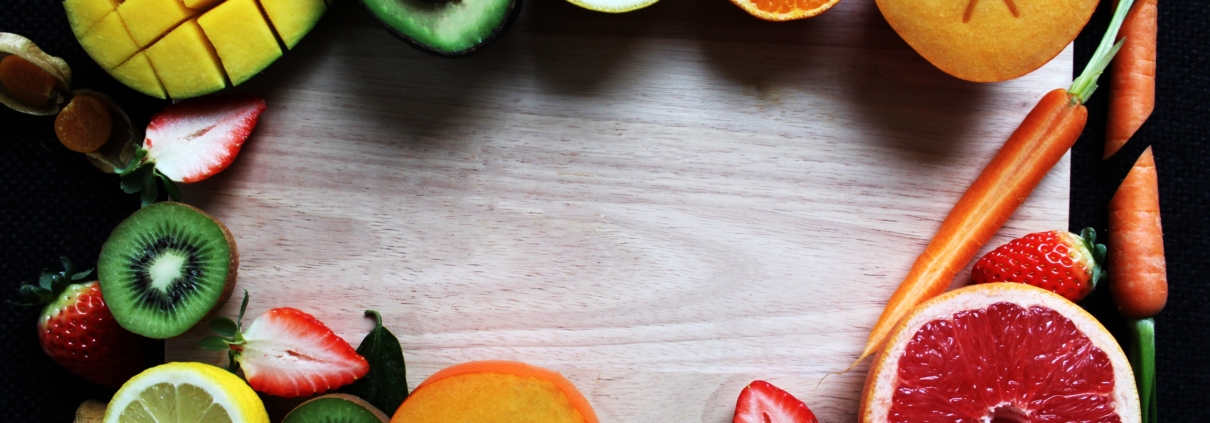Food Storage Tips to Help Food Last Way Longer
Gourmet food is expensive and there’s nothing worse than throwing away fuzzy strawberries, mushy onions and brown apples with a heavy heart. You’re literally throwing away money!
Sometimes we can’t help it – something gets kicked to the back of the fridge and we forget about it until a lingering smell forces us to remember. But oftentimes food spoils quickly due to improper food storage. We want to save you from this fate!
This time around, we’re talking proper food storage habits and tips to remember the next time you load up at the farmer’s market. Fresh produce is the best when enjoyed fresh – so let’s keep it that way as long as possible!
- Cool Air Slows, Room Temp Grows
One thing to note at the very beginning is that the colder the air, the slower the food will break down and spoil. Generally speaking, keeping things in the fridge will keep them fresh for longer. There are some hard and fast exceptions to this rule that we will address shortly – but don’t be afraid to use that fridge for the right things at the right time!
2. Let It Ripen
Avoid placing items in the fridge before they’re ripe – as this will slow down the process and make it harder to sense when they’re ready to eat. After bringing your fresh peaches home from the farmer’s market – if they’re still too firm to eat, leave them out for a day or so – and then once they’ve ripened place them in the fridge to “freeze” them in that delicious state.
3. When in Doubt, Refrigerate. (With Exceptions)
Continuing on with the first tip, there are some things that should never be refrigerated, and instead kept in a decorative bowl on the counter. Bananas are the first thing – as the peels will turn black and they won’t ripen as the enzymes that enable them to ripen are inhibited.
The second item that should not be refrigerated is tomatoes. They lose their flavor in colder temperatures. ‘
4. Use Those Crispers!
Those drawers at the bottom of your fridge are not just another storage option for any item! They’re specifically designed to create a humid environment that’s optimal for most fruits and veggies. Use em!
5. Seal It Tight
Flour, although dry and not as obviously perishable will go badly quickly without the proper storage. Keeping it in a sealed container is the best option, rather than simply in the paper bag it came in. Whole wheat flour is even more sensitive to its surrounding environment – so seal it up and keep it fresh!
6. Potatoes and Onions!
Potatoes and Onions are also items that should not be refrigerated due to the cold temperatures that convert the starch in them to sugar. Onions as well are sensitive to temperature and need decent air circulation to stay fresh. Store both in cool, dark, dry places – but not next to each other as they’ll bring out moisture and gasses in one another and cause them to ripen faster.
7. Paper Not Plastic
Lettuce and other greens should be stored with paper towels for moisture and in paper bags with plenty of air circulation to keep them fresh for longer. Avoid tight plastic bags and only wash right before you’re ready to enjoy to prevent mold growth.
8. Freeze the Cheese!
Cheese lasts the longest in its original packaging in the refrigerator. Avoid re-wrapping, and consider the option of freezing to keep it fresh for nearly 6 months! It may get a little crumbly – but better that than letting the whole block succumb to mold growth.
9. Treat Herbs Like Flowers
Herbs can be stored like flowers – in a glass with some water and plastic wrap over the top. Keeps them fresher and more flavorful for longer.
10. Wait to Wash
A general rule of thumb is avoid washing anything until right before you’re ready to enjoy. It’ll keep it from breaking down, growing mold, losing its texture, etc.
That’s what we’ve got! Which storage tips do you already use? Do you have any fool-proof tips to share with us? Like and leave a comment below to share!




